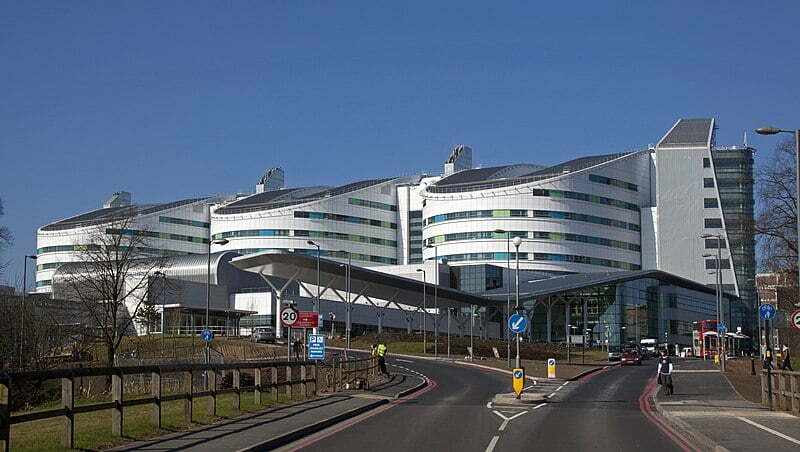Our Group
The goal of our lab is to develop innovative research on the biology of ageing, in particular in the context of large-scale -omics approaches. We use different methods combining experimental, theoretical, and computational approaches.
Experimentally, we have extensive experience in mammalian cell biology and molecular techniques. We have worked with various animal models, though we are not restricted to one model system and students may develop their own independent research projects. A multidisciplinary outlook and collaborations are encouraged.
Potential students, postdocs, collaborators, etc. are welcome to contact and/or visit us for informal discussions.
We are located in the Institute of Inflammation and Ageing, part of the College of Medical and Dental Sciences, at the University of Birmingham. Situated in the largest healthcare region in the country, we have state-of-the-art facilities and equipment to support our research needs, including in cell and molecular biology, genomics, epigenetics and bioinformatics.
The University of Birmingham is a member of the Russell Group of research-intensive UK universities. It boasts a unique combination of research expertise in biological, medical, and veterinary sciences. Several groups across campus study ageing and age-related diseases, and we have extensive local collaborations.
Birmingham is a major city in the West Midlands region of England.
We collaborate with many other UK institutions (Manchester, Liverpool, Cambridge, Oxford, Sheffield, Newcastle, Imperial, NHS, etc.) and with researchers and clinicians in the US (inc. Harvard, MIT, USC and the Buck Institute), Switzerland, Israel, China, Singapore, India, Denmark, Sweden, The Netherlands, Germany, Italy, Portugal, Ireland, Canada, Russia and Spain. Although traveling is not essential, it is therefore possible to acquire additional expertize in other labs.
Potential students, postdocs, collaborators, etc. are welcome to contact and/or visit us for informal discussions.
Informal inquiries from motivated and talented students and postdocs are always welcomed. Sometimes there are internal university schemes, in particular for PhD students, for which we may nominate high caliber applicants.
Likewise, we are happy to support applications for external fellowships from students and postdocs with overlapping research interests to ours. There are several national and international schemes available with which we have experience (Commonwealth Scholarships, Marie Curie Actions, EMBO Fellowships, Erasmus Programme, Leonardo da Vinci Programme, BMBF in Germany, Canada’s NSERC, Portugal’s FCT, Brazil’s Science without Borders, etc.) and we will be glad to help you with the application process.
Please make sure, however, you contact us well before the anticipated start date so we can help you throughout the process.
We have several projects available suitable for motivated undergraduates and other volunteers, including internships and summer research projects for those wishing to gain experience.
In particular, we always appreciate help in developing our online databases. That said, projects can be experimental or computational and are tailored to the abilities and interests of each individual.
Prospective students and interns are encouraged to consult our research areas and contact us to discuss possible common interests and ideas. For some computational and theoretical projects, students can work online.

Job Opportunities
Apply To Work With Us
Available positions will be advertised here. If no position is available, informal inquiries from motivated and talented students and postdocs are always welcome.

